Monday Memo: Time Management? Don’t Even Try
By Holland Cooke
Consultant
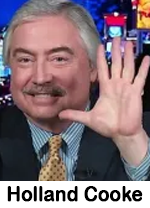 News flash: Time cannot be managed. But tasks can.
News flash: Time cannot be managed. But tasks can.
As we install a new PD at a client station, I will share with you what I’m sharing with him: Four techniques I myself have found EXTREMELY helpful over years of dancing-as-fast-as-I-can in several management positions.
1. “Map” your week. Use a spreadsheet, to create a schedule that doesn’t change week-to-week. Slot-in items like:
a) If you’re on-air: Your show + prep + when you do your daily promo/blog, post/social media, etc.
b) Talent meetings.
c) Regularly-scheduled Boss Time (see “folders’) below.
d) Is there a weekly staff meeting or department heads meeting? Do you routinely meet with sales? Slot it in.
e) In-bin and phone time (see below).
f) Days you’re available to do-lunch, or for sales calls.
g) MBWA time (“Management By Walking-Around”). Build it in.
f) What else?
Tip: Round-up. If something takes 45 minutes, slot-in an hour, to allow for bathroom breaks, checking voicemail, or running-across-the-street for a cuppa cawfee. Consider doing so even if there’s free crankcase coffee there at the station. It’s fresh air. Building in a couple short walks each day can really help you clear your mind between events.
This map you are making is “a living document,” subject to ongoing revision. But plan-your-work-and-work-your-plan, and you’ll find that lots more gets done. You’ll also find that people respond by being more punctual for you.
Tip: Find a hiding place. Always-being-in-your-office tempts interruptions. Two decades of management – and 23 years as a landlord – taught me how some issues that seemed “urgent” to people seeking your attention tend to resolve themselves before the would-be interrupter finds you.
2. Show your boss two file folders, one with your initials on the tab, the other with his/her initials on the tab. Give him/her the one with your initials, and keep the other one. Then, schedule a regular meeting (that goes on your map). The meeting can be weekly, daily, Monday/Wednesday/Friday, whatever. Lock it in, show up on-time.
Pledge to each other that you will avoid ad hoc, single-topic conversations. Unless someone is bleeding or something is on fire, the conversation can wait for a scheduled meeting. Toss a note, or pertinent document, into the folder.
I started doing this when I worked for a particularly “spontaneous” GM. NO NAMES. His half-dozen daily “Got a minute?” interruptions were extremely disruptive. And he was flattered when I showed him the respect of blocking-out Quality Time for issues we shared. Sure, he’d back-slide from time to time. When he did, I would ask, politely, “Do we need to handle this now, or should I put it in The Folder?” He took the hint; and praised me later, during my Performance Review, for suggesting the idea, which he instituted with the sales manager, business manager, and chief engineer. THANK ME LATER FOR THIS ONE.
3. Don’t answer the phone! That’s why there’s voicemail (and caller ID). Phone calls about every little thing are a torturous pause button and invite long workdays and more and taller piles of half-finished tasks. Set aside two times per day to schedule and return calls. Quality Time. Try it, and you will REALLY thank me. And I saved the best for last…
4. Touch each piece of paper ONCE. See “In-Bin time” in your weekly map above. Do one-of-the-following with every piece of paper or email that finds you:
a) Deal-with-it instantly (i.e., scribble a response and return to sender), or otherwise bring the issue to closure; OR
b) Send it to someone else (“delegation” in management lingo); OR
c) File it; OR
d) Circular-file-it (sort your mail over the wastebasket); OR
e) There is no e).
Ritualistic as all-of-the-above may seem, YOUR LIFE WILL CHANGE if you take these suggestions literally. Things are busy enough that no routine less structured will suffice. And conducting yourself accordingly will send an important message to the people you work with.
Holland Cooke (HollandCooke.com) is a consultant working at the intersection of broadcasting and the Internet. He is the author of “Close Like Crazy: Local Direct Leads, Pitches & Specs That Earned the Benjamins” and “Confidential: Negotiation Checklist for Weekend Talk Radio.” Follow HC on Twitter @HollandCooke



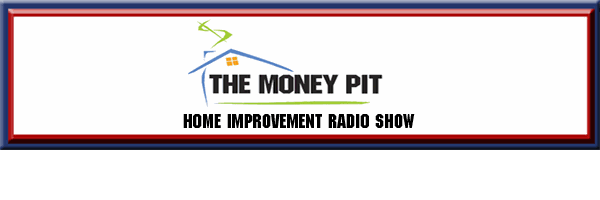
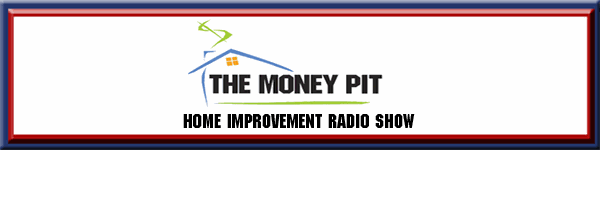
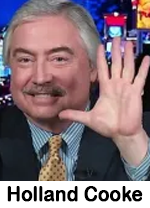 In
In 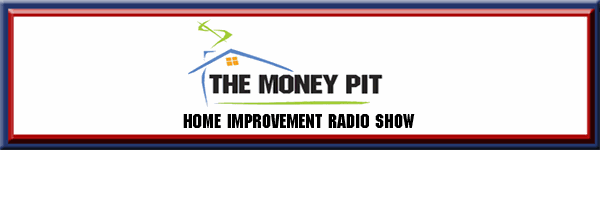
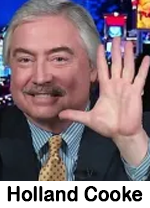 Here’s actual news copy, from Joe Connolly’s business report one morning on WCBS, NY: “One third of all domestic flights are now late, by an average of one hour.”
Here’s actual news copy, from Joe Connolly’s business report one morning on WCBS, NY: “One third of all domestic flights are now late, by an average of one hour.”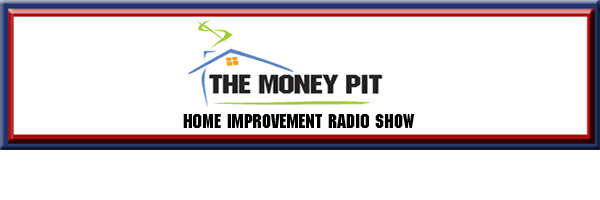
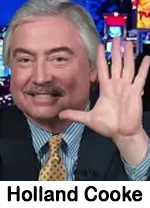 “If you think radio has problems,” consultant Holland Cooke says, “Netflix et al are to television stations what Pandora et al are to music stations. So local news is TV stations’ silver bullet. And – like radio – their need to promote off-air exceeds their promotion budget.” In this week’s column, he outlines tactics for “partnering with a fellow broadcaster who’s also challenged.”
“If you think radio has problems,” consultant Holland Cooke says, “Netflix et al are to television stations what Pandora et al are to music stations. So local news is TV stations’ silver bullet. And – like radio – their need to promote off-air exceeds their promotion budget.” In this week’s column, he outlines tactics for “partnering with a fellow broadcaster who’s also challenged.”  I am always impressed when I see-and-hear radio and TV stations swapping product.
I am always impressed when I see-and-hear radio and TV stations swapping product.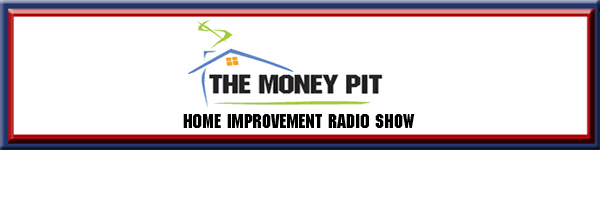
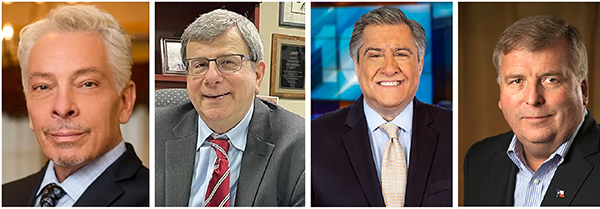
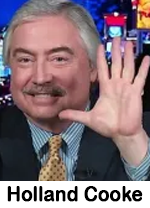 Feel busy? Try keeping-up with these four:
Feel busy? Try keeping-up with these four: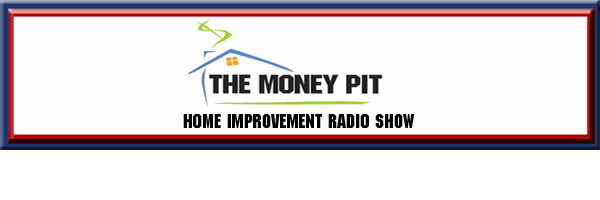
 After post-consolidation cutbacks have whacked local on-air content, there’s now angst that Artificial Intelligence can – literally – dehumanize radio (and other media – HUGE issue in the SAG-AFTRA strike). Voice cloning is child’s play; and several vendors are already peddling AI gimmicks to radio stations.
After post-consolidation cutbacks have whacked local on-air content, there’s now angst that Artificial Intelligence can – literally – dehumanize radio (and other media – HUGE issue in the SAG-AFTRA strike). Voice cloning is child’s play; and several vendors are already peddling AI gimmicks to radio stations.
 Thanks to those who sent comments on last week’s column “
Thanks to those who sent comments on last week’s column “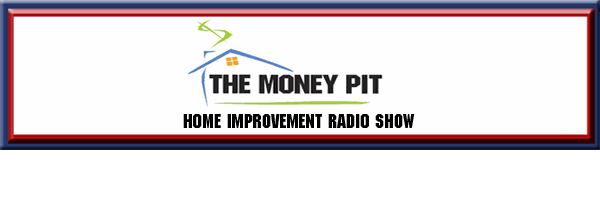
 Thanks to those who sent comments on last week’s column “
Thanks to those who sent comments on last week’s column “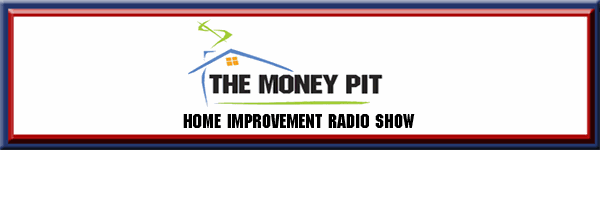
 Radio talkers: What is this hour about? How will listeners benefit from listening? And how long do you expect them to wait to hear that?
Radio talkers: What is this hour about? How will listeners benefit from listening? And how long do you expect them to wait to hear that?
 I asked my pal, longtime radio seller, now retired: “How often were you asked, ‘How much would you charge for ONE commercial?’”
I asked my pal, longtime radio seller, now retired: “How often were you asked, ‘How much would you charge for ONE commercial?’”
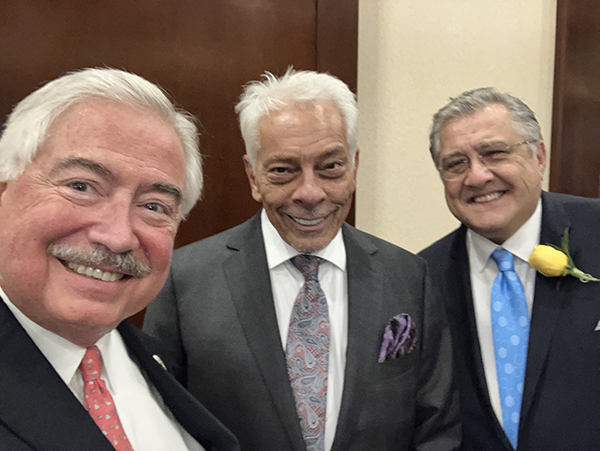
 I’m occasionally asked this by attorneys, real estate agents, personal finance advisors, and other local retail service professionals who are disappointed with results they’re getting from hosting weekend ask-the-expert call-in shows.
I’m occasionally asked this by attorneys, real estate agents, personal finance advisors, and other local retail service professionals who are disappointed with results they’re getting from hosting weekend ask-the-expert call-in shows.
 Many news/talk stations broker weekend hours to professionals who host ask-the-expert shows to attract new clients.
Many news/talk stations broker weekend hours to professionals who host ask-the-expert shows to attract new clients.
 The stations I work with make big money with live endorsement spots delivered by familiar local on-air personalities. Remember them? With most AM/FM broadcast hours now robotic or non-local, your relationship with the listener is precious and can be leveraged… carefully.
The stations I work with make big money with live endorsement spots delivered by familiar local on-air personalities. Remember them? With most AM/FM broadcast hours now robotic or non-local, your relationship with the listener is precious and can be leveraged… carefully.
 As this week’s first Republican presidential debate looms, my FOX News Radio-affiliated client stations are irked. Thanks to their network, they’re carrying it live, and locally sponsored, and promo-ing it aplenty. A couple of my clients will travel to Milwaukee to wrap pre- and post-game color around the play-by-play. So, yuh, they’re irked.
As this week’s first Republican presidential debate looms, my FOX News Radio-affiliated client stations are irked. Thanks to their network, they’re carrying it live, and locally sponsored, and promo-ing it aplenty. A couple of my clients will travel to Milwaukee to wrap pre- and post-game color around the play-by-play. So, yuh, they’re irked.
 Those are the two consultant buzzwords that hosts I coach are hearing in their sleep. And a couple more “E” words: Empathy and Empower.
Those are the two consultant buzzwords that hosts I coach are hearing in their sleep. And a couple more “E” words: Empathy and Empower.
 She was the agent I enjoyed working with most over three decades I was an active real estate investor. We remain good friends, and her technique informs the work I do coaching agents – and attorneys and financial advisors and other professionals – who host ask-the-expert radio shows.
She was the agent I enjoyed working with most over three decades I was an active real estate investor. We remain good friends, and her technique informs the work I do coaching agents – and attorneys and financial advisors and other professionals – who host ask-the-expert radio shows.